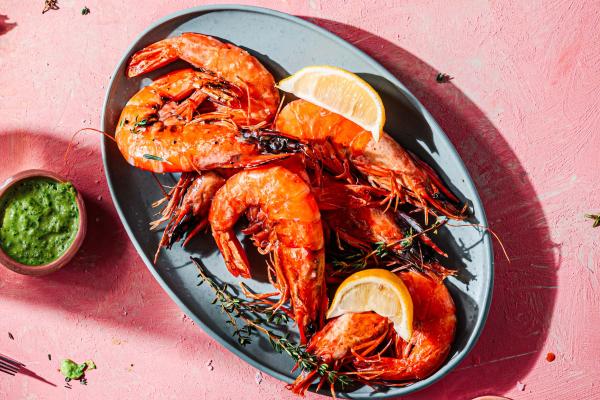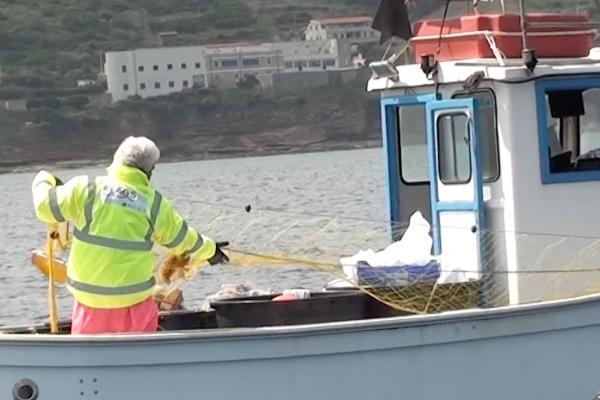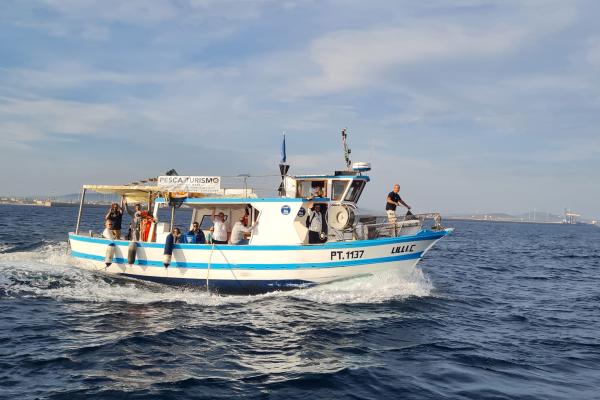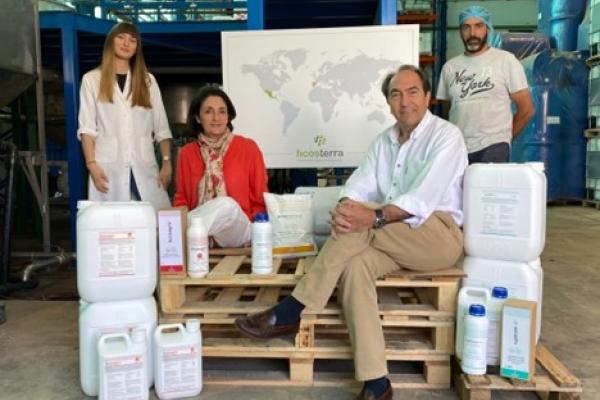
EUBeachCleanup is the EU’s own cleaning action, taking place worldwide every autumn. But the EU also supports a number of other marine litter projects. Cleaning beaches is a tangible way for citizens to take action for the environment and useful in building public awareness. But what happens to the litter that gets picked in such cleanups, and specifically, what about plastics? The “Litter Spain” project has an answer to this question, with two very important advantages: circular economy and social inclusion.
Marine litter not only has negative environmental impacts, it is also bad for local business, from tourism to small-scale fishing and aquaculture. The “Litter Spain” project in Galicia, shows how to foster new opportunities in the circular economy, while benefitting people with disabilities – a group at risk of social exclusion. In the village of Concello de Outes, on the Atlantic coast, a former local school has been renovated and turned into a new marine litter transformation centre. The centre has then been assigned to three associations for people with disabilities.
At the start of the process, the associations organize beach clean-ups, where litter is collected and disposed of at central collecting points. Afterwards, thanks to equipment installed in the former school, the litter is then sorted and upcycled into new items, for use by the fishing sector (for example, local shellfish gatherers).
The new items are designed by women from the fisheries sector and purchased by local fisheries organisations, providing revenue for the social associations and their members. The project involves training of the associations’ members regarding the shellfish gathering sector, marine conservation, and the collection and processing of waste; as well as a workshop for fisheries professionals to learn about the design of fishing tools in collaboration with the University of La Coruña. The project is supported by Costa Sostible FLAG and promoted by the local Association of Women in the Fisheries Sector, in collaboration with the City Council (which has donated an abandoned school building).
The integration of people with disabilities into the working market is really difficult. But this project is a way to prove that people with disabilities can contribute to positive change, achieving new goals to address a global problem such as marine litter,
says Teresa Abuin Figueira, the project coordinator.
Litter Spain engages local people with disabilities in coastal conservation, and gives a second life to marine litter: a lot of it derives from fishing activity in the first place, and by returning it in a recycled form to the fisheries sector, it makes a great example of circular economy.
The EU-funding, through the European Maritime and Fisheries Fund, not only promotes local economic prosperity and social inclusion, but also contributed to an overall reduction of coastal pollution.
Did you like this story?
Find out more about #EUBeachCleanup, an annual campaign organised jointly by the European Union and the United Nations and mobilising 1000s of volunteers across the world for a cleaner ocean.
Details
- Publication date
- 22 December 2021
- Author
- Directorate-General for Maritime Affairs and Fisheries




